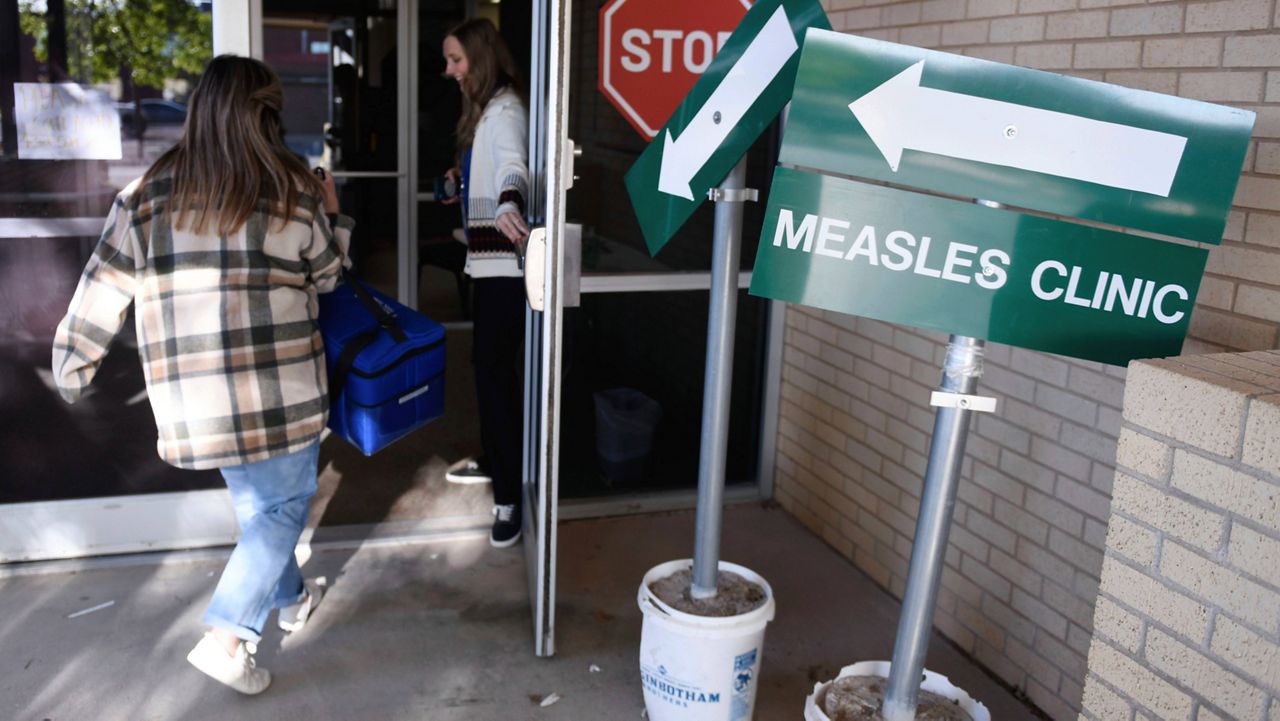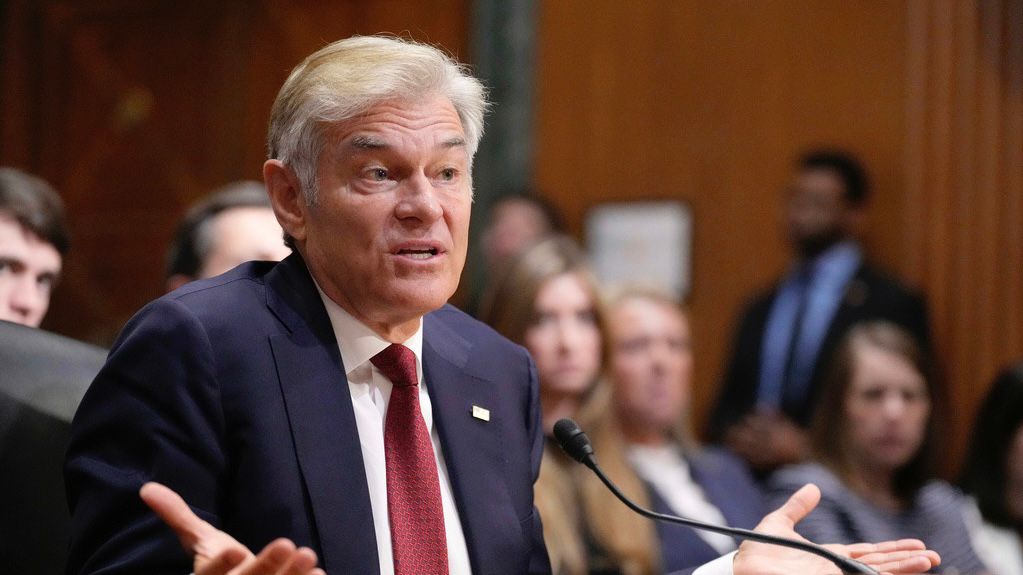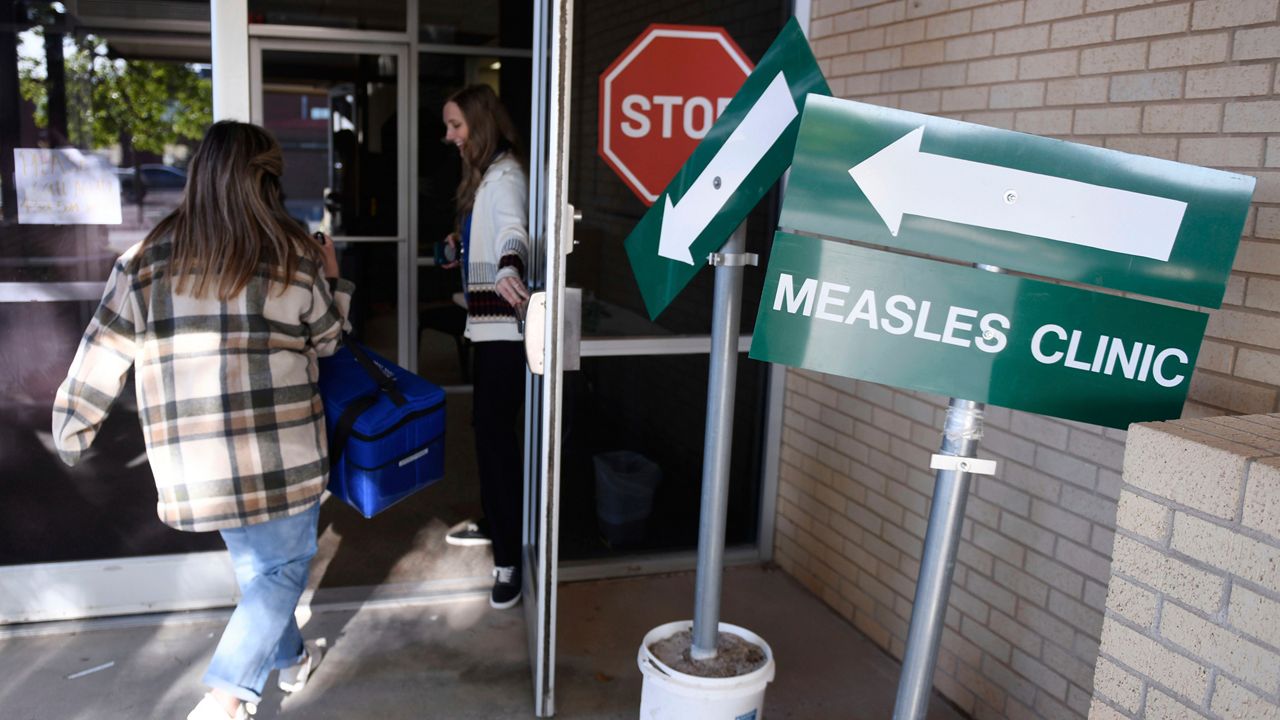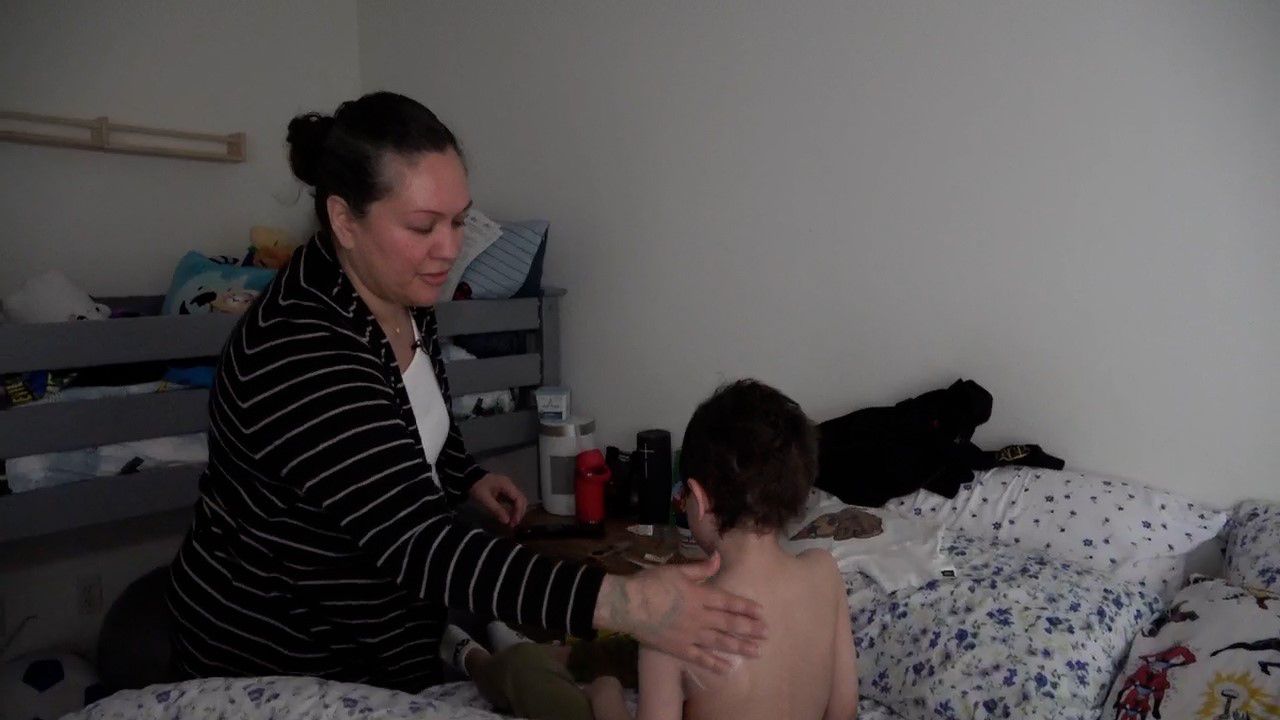LOS ANGELES — A wave of relief. That’s how Diana Zuniga describes the moment she learned her cousin was released from the Twin Towers Correctional Facility last week.
“Honestly, I cried,” Zuniga said. “It was just huge for my family to get that news and feel like we can breathe.”
Zuniga says her cousin, Carlos Zuniga, Jr., suffers from mental health issues and spent the last seven months behind bars. She said the pod he was living in at Twin Towers Correctional Facility in Los Angeles was placed into quarantine multiple times. That kept delaying his release and left her family wondering if he was OK.
“Because of the kind of tight conditions people are living inside of the jail, it’s a place where COVID-19 is able to kind of impact a lot of individuals at a larger and more alarming rate,” Zuniga said.
MORE STORIES:
- 2 Riverside Sheriff's Deputies Honored After Passing From COVID-19
- Sheriff Ousted as Head of Emergency Operations Amidst Coronavirus
Former federal prosecutor Miriam Krinsky runs a nonprofit called Fair and Just Prosecution in Los Angeles and is helping spearhead a national movement to free non-violent inmates amid the coronavirus pandemic.
“In many ways this is a ticking time bomb,” Krinsky said.
She was moved by Zuniga’s family experience because she has also investigated alleged inmate abuse at the Twin Towers where Zuniga’s cousin was imprisoned.
“I feel a sense of responsibility because I think prosecutors created much of the problems and we all need to be advocating for the immediate release of anybody and everybody who is vulnerable, who is elderly, who is near the end of their sentence and doesn’t pose a risk to the community,” Krinsky said.
In Zuniga’s case, her cousin was released into the care of a diversion program that helps inmates access mental health care.
“I was just relieved and feel a little bit less scared,” Zuniga said.
Since the pandemic broke out, the L.A. County Sheriff’s Department has released more than 4,000 inmates.
Critics say the move threatens public safety.
Sheriff Alex Villanueva acknowledged the decision over who to release and when needs to be a careful one.
“First it was, ‘You [need to] release all the inmates because it’s unsafe in there.’ And now it’s ‘You’ve released too many and it’s not safe on the streets.’ We have to strike that balance,” Villanueva said during a press conference Monday.
Zuniga says her cousin presents no danger to anyone and she hopes the pandemic helps the movement for criminal justice reform.
“There’s so many individuals that we could be taking out of the system right now that are actually in need of social and health services as opposed to incarceration,” Zuniga said.











